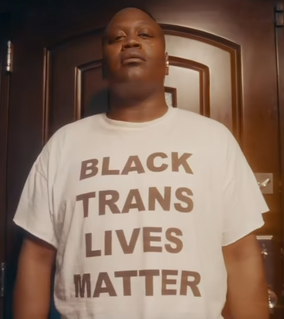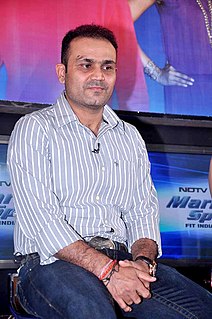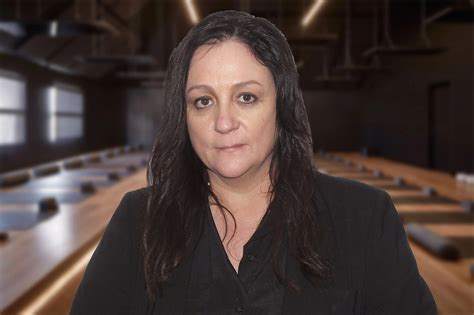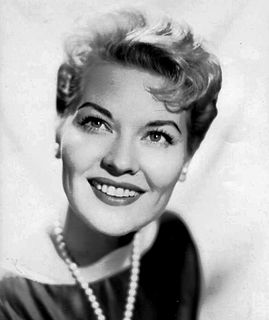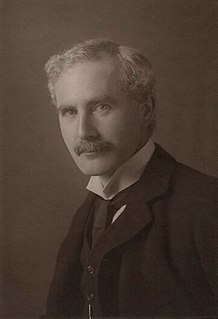A Quote by Vashti Bunyan
You may think things didn't change much after the 60s 'revolution' - but they did. The levels of prescriptive disapproval for anyone who stepped outside the norm receded.
Related Quotes
First, what is a revolution? Sometimes I'm inclined to believe that many of our people are using this word "revolution" loosely, without taking careful consideration [of] what this word actually means, and what its historic characteristics are. When you study the historic nature of revolutions, the motive of a revolution, the objective of a revolution, and the result of a revolution, and the methods used in a revolution, you may change words. You may devise another program. You may change your goal and you may change your mind.
However much the various phases of the French Revolution may have modelled themselves on Roman history the early phase on Republican virtue, the later on Imperial grandeur the fact remains that classicism depended on a fixed and rational philosophy; whereas the spirit of the Revolution was one of change and of emotion.
I also think we need unconventional political action, and I increasingly think that there is a need for people of faith to be able to do the kind of things that people of faith did 40 years ago in the heat of the civil rights revolution. This is a moral issue of every bit as much importance requiring every bit as much sacrifice, courage, and energy as that crisis did.
I don't believe consumers want to see fuller-figured girls in ads. Because if they did they would refuse to buy the things they are seeing, and want to buy a different product. If people really want to see a change, they have to speak up on a daily basis to see that change. And I think that models who are suffering from an eating disorder, it is as sad to look at them as the person who is suffering from obesity or who is smoking outside their office or person who is drinking too much at the bar - everybody is suffering from something pretty much.
If you're writing in the mainstream... Whatever that is - the norm. The norm is likely going to be funded because you're giving people what they're used to and what they're gonna get. But anything outside of that norm is going to struggle to get funded. The people who are not "the norms" deserve the chance to make art. I think it's great for all of us to consume all these voices, and that happens when you support these voices that need to be supported because they're not the automatic choice coming out of the gate.
The desire to give advice is itself a symptom of disapproval; and further, it is usually the result of a desire to express that disapproval. And we are most moved to give advice to those for whom our affection and regard may be taken for granted, but to whom we would rather express our disapproval. We cannot go to them and say that we disapprove of them. That would not be affectionate, and might lead to reprisals. But we can give them advice in which the disapproval is implied and which yet seems innocently helpful.
I believe that a revolution can begin from this one strand of straw. Seen at a glance, this rice straw may appear light and insignificant. Hardly anyone would believe that it could start a revolution. But I have come to realize the weight and power of this straw. For me, this revolution is very real.


